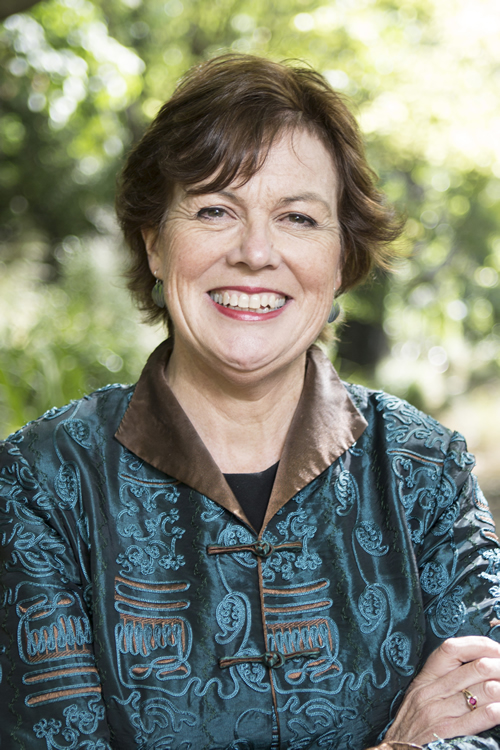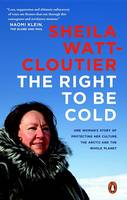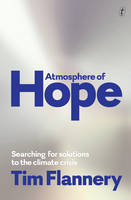Contemplating what condition the world will be in midway through this century seems a bit premature. But, in the grand narrative of history, the halfway point of the 21st century its not too far away - 35 years. So it is a tad irresponsible to push such ponderings into the back of our minds, given the ecological problems we face.
So, to help us consider our foreseeable circumstances in 2050, the WORD Christchurch Writers and Readers Festival composed a panel of masterminds to discuss some implications. Chaired by Kim Hill, environmental scientist Tim Flannery, environmental policy pro Dr Bronwyn Hayward, legal expert Mai Chen and indigenous rights advocate Sheila Watt-Cloutier discussed the relationship between environmental issues, indigenous rights, ethnic diversity and citizenship.
The way these issues connect will become much more evident over the next 35 years, as our current refugee/migration crisis will be exacerbated by burgeoning climate change migration. Basically, as seas rise and ice melts - ruining homes and food procurement - people will have to find somewhere else to make a home.
Sheila discussed the fact that indigenous peoples are often the least responsible for climate change, but also the least well equipped to adapt to the circumstances it foists upon their way of life - a life which is almost totally contingent on a very intimate relationship with healthy ecosystems.
Within their own regions, these small populations are often at the behest of larger non-indigenous populations and market forces. Therefore, they have little say in how environmental issues are tackled.
Mai Chen added to this by highlighting the increasing number of displaced indigenous people groups who must escape environmental crisis, but can't achieve citizenship in other countries very easily. This is a bit painful, given developed countries are often the largest CO2 emitters and responsible for driving environmental degradation, but also have a strange reluctancy to receive new migrants affected by environmental crisis.
Relatedly, Dr Hayward underscored the way in which developed and developing countries are obsessed with economic growth. And this growth is usually achieved via resource intensive economic activity. Basically, we must wean ourselves off the growth model and scale back our consumer economies. Which sounds painful!
Scientist Tim Flannery had SOME good news!
He noted that in the last two years carbon emissions had stabilized, and although this wasn't cause to get back into our SUVs, it could mark the beginning of a downward trend in CO2 emissions! He attributes this to new technologies, as renewable energy sources (wind etc) are attracting more investment than fossil fuels, and such technologies are seeing increasing utilization.
That being said, the worst case scenario still looms.
Find books in our collection by:








Add a comment to: 2050 – WORD Christchurch